First published 1997 by M.E. Sharpe
Published 2015 by Routledge
2 Park Square, Milton Park, Abingdon, Oxon OX14 4RN
711 Third Avenue, New York, NY 10017, USA
Routledge is an imprint of the Taylor & Francis Group, an informa business
Copyright 1997 Taylor & Francis. All rights reserved.
No part of this book may be reprinted or reproduced or utilised in any form or by any electronic, mechanical, or other means, now known or hereafter invented, including photocopying and recording, or in any information storage or retrieval system, without permission in writing from the publishers.
Notices
No responsibility is assumed by the publisher for any injury and/or damage to persons or property as a matter of products liability, negligence or otherwise, or from any use of operation of any methods, products, instructions or ideas contained in the material herein.
Practitioners and researchers must always rely on their own experience and knowledge in evaluating and using any information, methods, compounds, or experiments described herein. In using such information or methods they should be mindful of their own safety and the safety of others, including parties for whom they have a professional responsibility.
Product or corporate names may be trademarks or registered trademarks, and are used only for identification and explanation without intent to infringe.
Library of Congress Cataloging-in-Publication Data
Japans quest : the search for international role, recognition, and respect / edited by Warren S. Hunsberger : assisted by Richard B. Finn.
p. cm.
An East Gate book.
Includes bibliographical references and index.
ISBN 1-56324-841-7 (hc : alk. paper).ISBN 1-56324-842-5 (pbk.: alk. paper)
1. JapanRelationsForeign countries.
2. JapanForeign economic relations.
3. JapanRelationsAsia.
4. AsiaRelationsJapan.
5. JapanRelationsUnited States.
6. United StatesRelationsJapan.
I. Hunsberger, Warren S.
II. Finn, Richard B.
DS891.2.J387 1996
303.48252dc20
96-24434
CIP
ISBN 13: 9781563248429 (pbk)
ISBN 13: 9781563248412 (hbk)
The starting point for this volume was a 1991 conference of the faculty of international relations from Ritsumeikan University (Kyoto, Japan) and the School of International Service (SIS) of American University held in Washington, D.C. The title of that conference was Japan-U.S. Relations in a New World Order. But this book has moved well beyond its starting point. Rather than dealing directly with the topic of the conference or reporting what took place there, Warren Hunsberger has asked a group of authors to examine a critical issue of the late twentieth century: Japans search for what Hunsberger calls international role, recognition, and respect.
All of the contributors have worked together in the unique partnership that has arisen since 1990 between Ritsumeikan and American universities. Led by Seki Hiroharu, dean of Ritsumeikans international relations faculty and Masaru Tamamoto, at that time director of American Universitys Center for Asian Studies, scholars from these two institutions sought to develop a shared understanding of Japan-U.S. relations and the global roles of the two countries. Every contributor to this volume has a background at American University or Ritsumeikan University: every Japanese contributor has visited American University more than once during the course of this project, and every American participant has had extensive contact with colleagues from Ritsumeikan or has spent time visiting Ritsumeikan. This attempt to both find a common perspective and respect diverse points of view stood in marked contrast to the Japan-bashing in the U.S. press and the America-bashing in Japan. The effort was part of a larger project to increase knowledge and train people capable of contributing to positive U.S.-Japan relations in the late twentieth and early twenty-first centuries.
The elements of this program have been ambitious. Beginning in 1990, there has been an annual conference on U.S.-Japan relations.1 The initial cosponsors, Ritsumeikan and American universities, recently brought in Korea University in Seoul in order to strengthen and make more realistic the concept of cooperative international relations, which is the foundation of the program, and open the door more widely to other Pacific Rim participants.
Between 1991 and 1996, a student exchange has allowed thirteen students from Ritsumeikan to study at American University for a year and fifteen American University students to study at Ritsumeikan for a year. Building upon this base, the project developed a program of dual degrees, in which students could in two years earn simultaneous masters degrees at Ritsumeikan and American universities and in five years earn simultaneous bachelors degrees at the two institutions. Since the masters dual-degree program was initiated in 1992, eleven Ritsumeikan students and five American students have begun the program.2 And since 1994, forty-eight Ritsumeikan students have entered the undergraduate dual-degree program and are studying at American University.
The entire project has been based in the friendships and understanding created by faculty exchange. Following the 1990 conference, Ritsumeikan and American universities signed an agreement that facilitated faculty exchange. Since that time, more than a dozen American University faculty members have made short visits to Ritsumeikan to work with their Japanese colleagues. Ten scholars from Ritsumeikan have spent six-month or one-year sabbaticals on the campus of American University, and two Ritsumeikan professorsShiro Okubo and Makitaro Hottahave each spent one year as visiting professors teaching at American University; similarly, Nicholas Onuf, Steven Arnold, and Philip Brenner of American University have spent six months each teaching at Ritsumeikan. Complementing these efforts has been a joint research project spearheaded by Hiroharu Seki and funded by Japans Center for Global Partnership, in which Ritsumeikan and American University scholars have examined issues relating to the environment and economic development in East Asia. The volume reporting the results of these efforts,

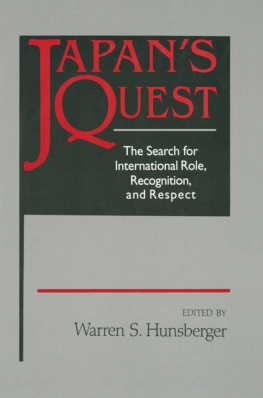


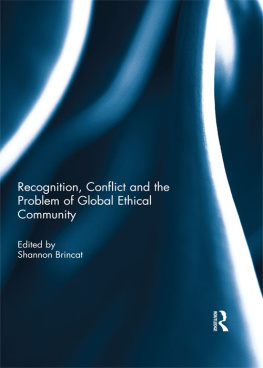
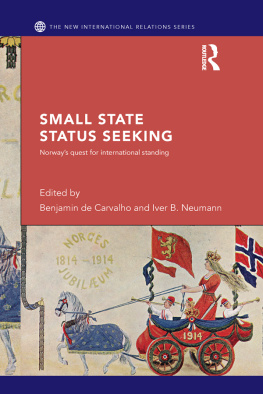
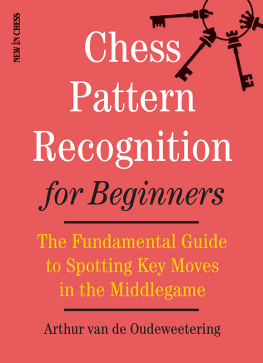

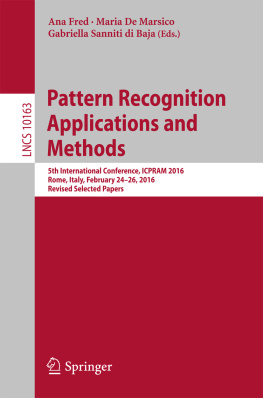
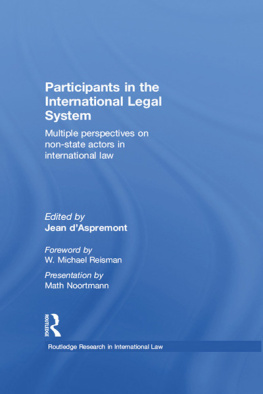
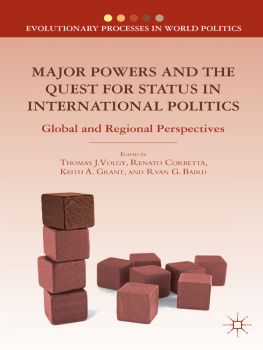
 See for definitions, explanations, and sources.
See for definitions, explanations, and sources.

